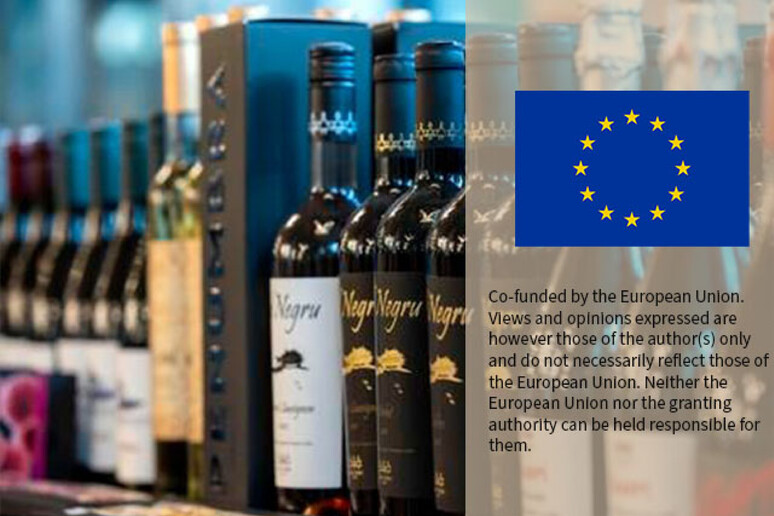The European Commission is working to
present a roadmap for the implementation of a series of policy
measures to alleviate the crisis in the wine sector in Europe,
following the recommendations of the EU High Level Group on
Wine.
"The evaluation of the recommendations has already begun,"
Pierre Bascou of the European Commission's DG Agri said, taking
stock of the work of the group that concluded in December during
a hearing in the European Parliament's Agriculture Committee
(Agri).
Bascou highlighted the EU executive's concerns about the
conditions of the sector which today "is at a crossroads".
After a "decade of success and increased sales and exports, the
sector is facing a difficult situation", the official noted,
citing among the criticisms "the contraction in demand both on
the internal market and on the traditional EU export market",
the economic consequences "of the pandemic", "lower consumer
confidence and the volatile, if not turbulent, international
situation".
In addition to its structural weaknesses, the "market - he
pointed out - is also affected by growing uncertainty in
production due to climate change and wine-growing regions", such
as Italy, "are suffering the effects of drought and extreme
weather".
The High Level Group on Wine concluded its work in December last
year, formulating a series of policy recommendations for the
European Commission, which can be summarised in three blocks:
aligning wine production with demand, increasing resilience to
market and climate challenges and adapting to trends to seize
new market opportunities.
The recommendations were delivered to the European Commissioner
for Agriculture, Christophe Hansen, who promised to get to work
to "prepare a timetable for their possible implementation".
The European Commission representative also opened up to the
possibility of reviewing the labelling rules on wine.
"At the moment we do not have the legal competence to establish
additional rules for the labelling of wine products through
delegated or implementing acts" but "given the request of the
sector and some members of the European Parliament, it is
possible to discuss a review of the wine labelling rules between
the institutions", Bascou said, stressing that the Commission
"has done and continues to do its best to ensure a harmonised
interpretation and implementation of the applicable rules
through guidelines" published in 2023. Bascou explained that "it
is not certain that consumers can assume that the letter 'I'
next to the QR code means that the code refers to the detailed
list of ingredients. In this case - he noted - the consumer's
right to have access to product information must be balanced
with the desire of wine producers to minimise the burden of
printing additional labels when selling their product abroad".
#IMCAP
Co-funded by the European Union. Views and opinions expressed
are however those of the author(s) only and do not necessarily
reflect those of the European Union. Neither the European Union
nor the granting authority can be held responsible for them
ALL RIGHTS RESERVED © Copyright ANSA











